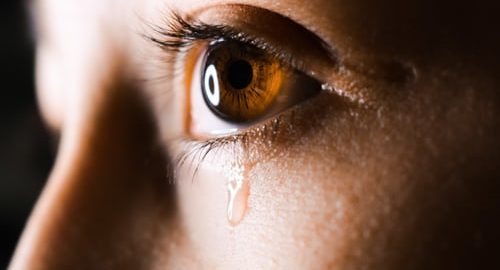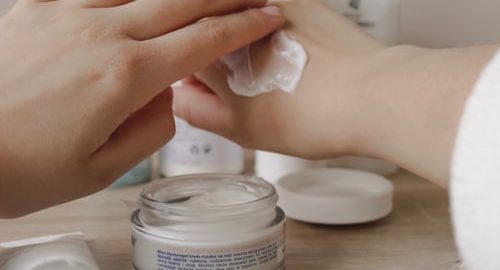Now, let me start with saying I never want to be fourteen again. As many sleepless nights as I have filled with hot flashes and hormonal headaches, nothing will make fourteen sound like a place I want to be.
I am currently the observer of my own fourteen year old daughter’s world and I am consistently struck by what a cold, confusing, heartbreakingly vulnerable place it can be. I watch from the sidelines as another sleepover occurs without an invite but with a barrage of late night snapchat “streaks” that remind my daughter she didn’t make the cut. I sit in the stands and watch the clique rearrange the team so that at each social pause they can create a nice tight circle that excludes the others and lends perfectly to whispered comments and shared secrets. Schoolhouse Rock told me that three was a magic number, but now I know it’s deadly when coupled with fourteen. Three is often two and one extra, just in case, and they know who they are.
I remember fourteen with no fondness myself. Awkward, both socially and physically, I struggled to find my place in the Lord of the Flies-like set up of my own mid-size public middle-school. Grasping on to a few friends who seemed almost as traumatized as I was, I tried the best I could to figure out who I was within a frightening sea of conformity and judgement. We all did whatever we could to blend in and survive. I wish we had evolved since then.
Now, I feel for my Gen Z daughter. No sleepover goes unrecorded and unreported. No hangout is complete without a filter and a caption. No picture on Instagram is without unsolicited comments or critique.
With the magic of childhood dying down, Santa is no longer eagerly tracked on the computer Christmas Eve and Fairy Tales are only found in books, fourteen brings a new belief: the narrative of who we are within our peer group is accurate and definitive. The belief that we are not good enough, wealthy enough, smart enough or pretty enough sinks in and we add it to our list. Painful comparison forces a new hierarchy, one that becomes well known and used into adulthood. We begin to figure out who we are by what others say about us. And in this day and age of social media, they say a lot.
Now, almost 50, with fourteen long behind me, I am amazed at how still fresh are the wounds. Sitting with my daughter, I feel her pain. I feel my pain. I want to hold her and protect her. The fourteen year old in me knows what she is feeling. And while I am on the other side of life, I realize I am just now, at almost 50, starting to untangle my own web of opinions, beliefs and narratives that my own fourteen year old self absorbed.
I try the empowerment speech with her: “Be true to yourself,” “Don’t let it bother you,” “It will all get better.” They fall on deaf fourteen year old ears. She can only see that she is not in the pictures and she feels left out and abandoned by those that, right now, are her world. Truth is, I still haven’t figured it all out – I am not even close. I still don’t know who I am, when I am not invited to a meeting I think I should have been, it still bothers me and I wonder if they “like me” and I know from experience that sometimes it gets better and sometimes it gets really, really worse. I want to take away her fourteen year old pain, I want to absorb it and deal with it for her and hand it back neatly folded. But I can’t.
The mom in me wants to run to the other moms and ask why – why do we let this happen when we know how we all felt going through it? I want to get angry and be protective and find someone or something to blame. But I don’t. What I do know is that is not how life works and this will solve nothing. Inclusion and diversity and flattening the pyramid is hard work and even the adults haven’t figured it out yet. So I sit with my fourteen year old and try to let my own fourteen year old be there too. I don’t promise her it will get better, I don’t try to fix it. I just love her and accept her for who she is, right this moment. In the end, isn’t that what we are all looking for?


